Television in the ’60s and ’70s wasn’t just about straightforward sitcoms and crime dramas—some shows left viewers completely baffled. Whether due to surreal storytelling, cryptic endings, or concepts that felt like fever dreams, these series made audiences question what they had just watched. Some were ahead of their time, while others were just plain strange. Here are the most confusing TV shows from the ’60s and ’70s that left everyone scratching their heads.
1. The Prisoner (1967-1968)
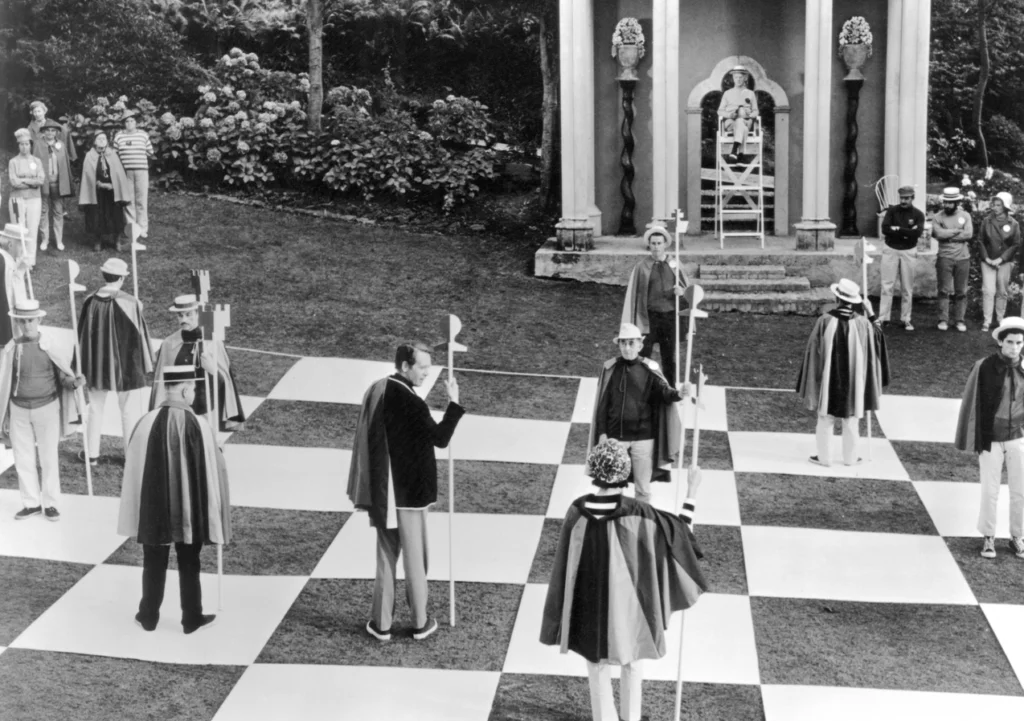
Few shows have ever been as utterly perplexing as The Prisoner. This British series followed a secret agent who resigns from his job, only to be kidnapped and taken to a mysterious village where no one uses names—just numbers. The surreal setting, cryptic dialogue, and bizarre plot twists made it clear that escaping wasn’t just about finding a way out—it was about figuring out what was even happening. Den of Geek celebrates this series as a landmark of British television.
The final episode, “Fall Out,” left viewers more confused than ever, with psychedelic imagery, masked figures, and a climax that raised more questions than it answered. Decades later, fans are still debating its true meaning. Was it all a metaphor? A dream? A statement about government control? The world may never know.
2. H.R. Pufnstuf (1969-1970)
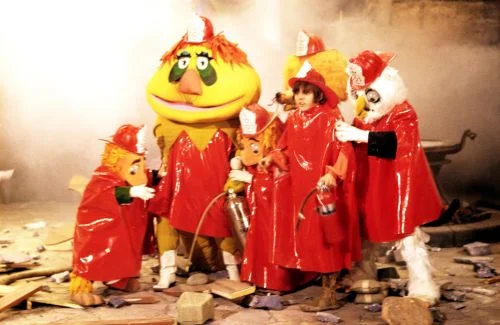
Kids’ television in the ’60s was known for being colorful and imaginative, but H.R. Pufnstuf took things to another level. The show followed a boy named Jimmy who, after being lured onto a magical talking boat, ends up on Living Island, where everything is alive—including trees and houses. His main foe is Witchiepoo, a cackling villain trying to steal his magical talking flute. Frankly Curious lists this series as a testament to the broader legacy of the Krofft Brothers.
Even for a children’s show, H.R. Pufnstuf was bizarre. The costumes, surreal landscapes, and offbeat humor made it feel like something out of a dream. While kids loved it, parents often watched in confusion, wondering what on earth they were seeing.
3. Land of the Lost (1974-1976)

A routine rafting trip goes horribly wrong when a father and his two kids get sucked into a mysterious time warp, landing in a world filled with dinosaurs, strange monkey-like creatures, and the creepy, reptilian Sleestaks. Land of the Lost blended sci-fi with prehistoric adventure, but its mix of time travel, portals, and parallel dimensions made it confusing even for the most devoted viewers. In celebration of the show’s 50th anniversary, Remind shared several fun facts even the biggest fan might not know.
While it was meant for kids, the show often veered into eerie and unsettling territory. The storylines grew more complicated as the seasons went on, introducing alternate realities and lost civilizations. Many fans still debate how it all fit together—if it even did at all.
4. Dark Shadows (1966-1971)
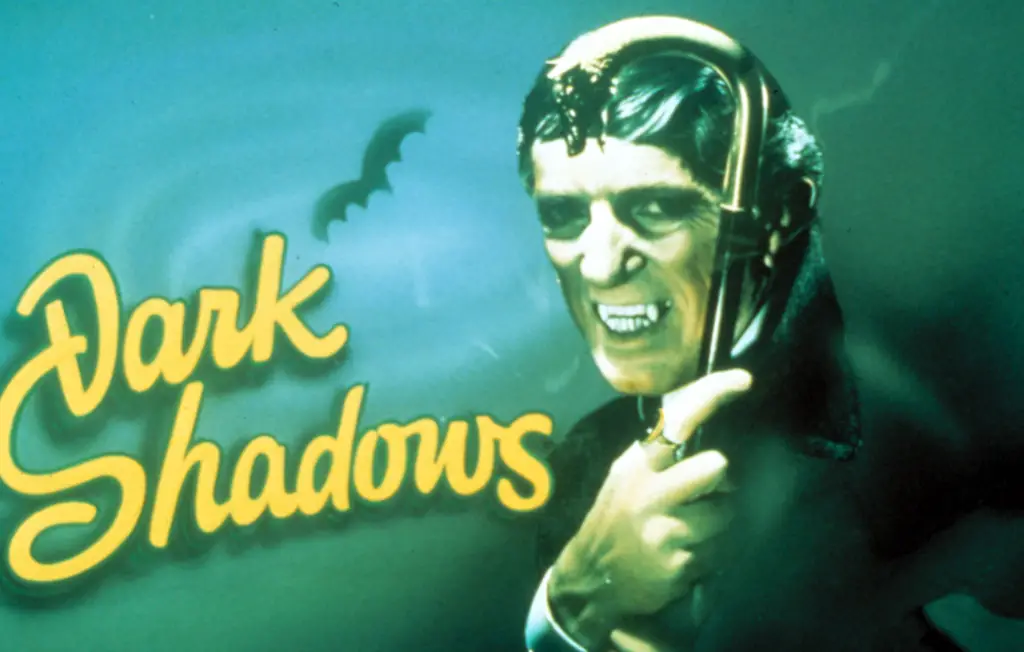
This gothic soap opera started as a traditional drama but soon introduced ghosts, witches, and its most famous character, vampire Barnabas Collins. While it was undeniably compelling, the show’s twisting plotlines, supernatural elements, and time-traveling story arcs made it one of the most confusing shows of its time. Mental Floss shared several more fun facts about this series that still linger in the shadows.
Viewers never knew what to expect—one episode could be a tragic love story, and the next could feature a parallel universe. The rapid production schedule also meant frequent continuity errors, which only added to the confusion. It remains a cult classic, but even die-hard fans will admit it was hard to follow.
5. The Star Lost (1973-1974)
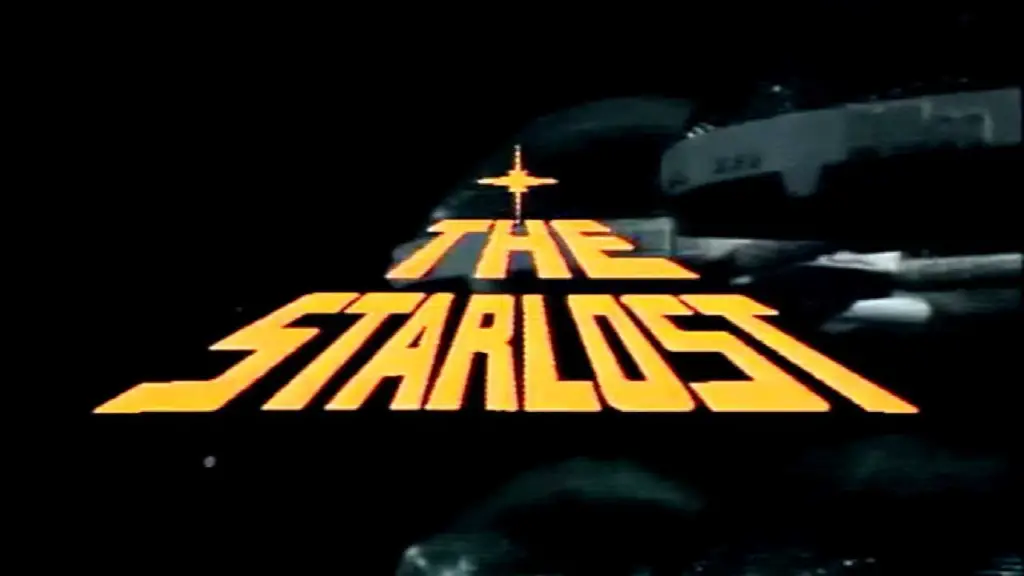
This Canadian sci-fi show had a fascinating premise: a group of people living in an enclosed world discovers that they are actually on a massive spaceship, adrift in space with no knowledge of their origins. The lead character, Devon, embarks on a journey to uncover the truth about their lost civilization. Sounds great, right?
Unfortunately, the show’s poor special effects, awkward pacing, and overly complex storytelling made it hard to follow. The series was meant to be a thought-provoking sci-fi epic, but it quickly became a frustrating puzzle. Instead of feeling futuristic, it felt like an unfinished mystery with too many loose ends.
6. The Omega Factor (1979)
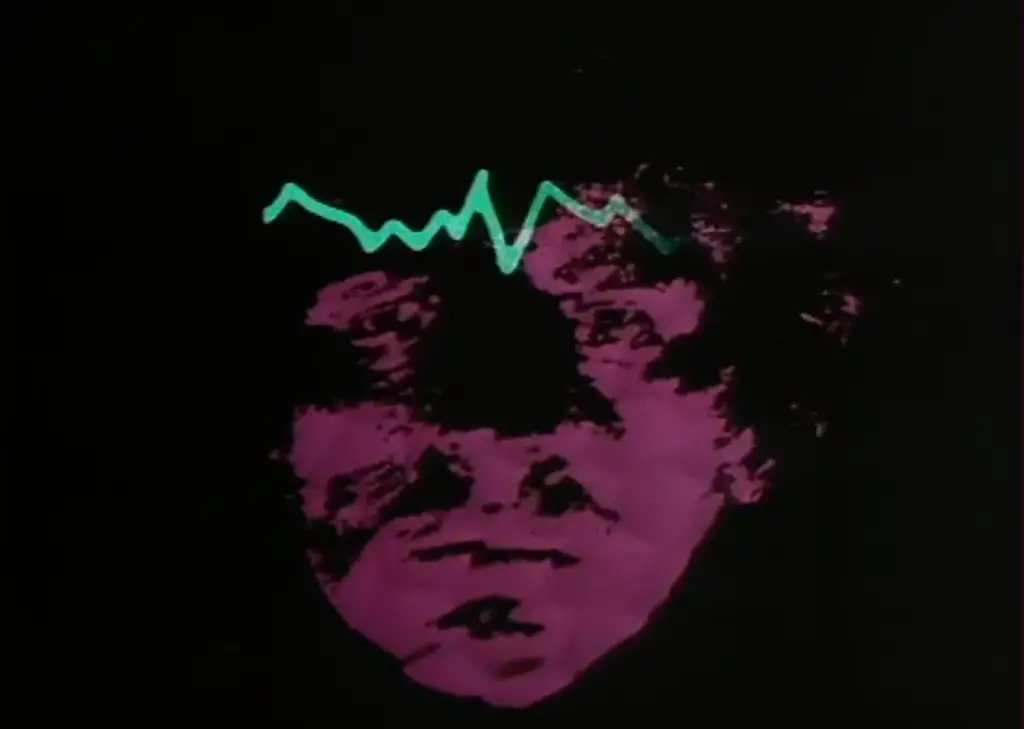
This British series combined paranormal investigations with government conspiracies, creating a mix of mystery and psychological horror. It followed journalist Tom Crane as he uncovered a secret organization studying psychic phenomena, only to realize he had abilities of his own.
The show blended reality with eerie supernatural elements, making it hard to tell what was actually happening and what was just in Crane’s mind. It only lasted one season, leaving many unanswered questions about the shadowy figures pulling the strings. Even today, it remains one of the most unsettling and confusing shows of the era.
7. Quark (1977-1978)
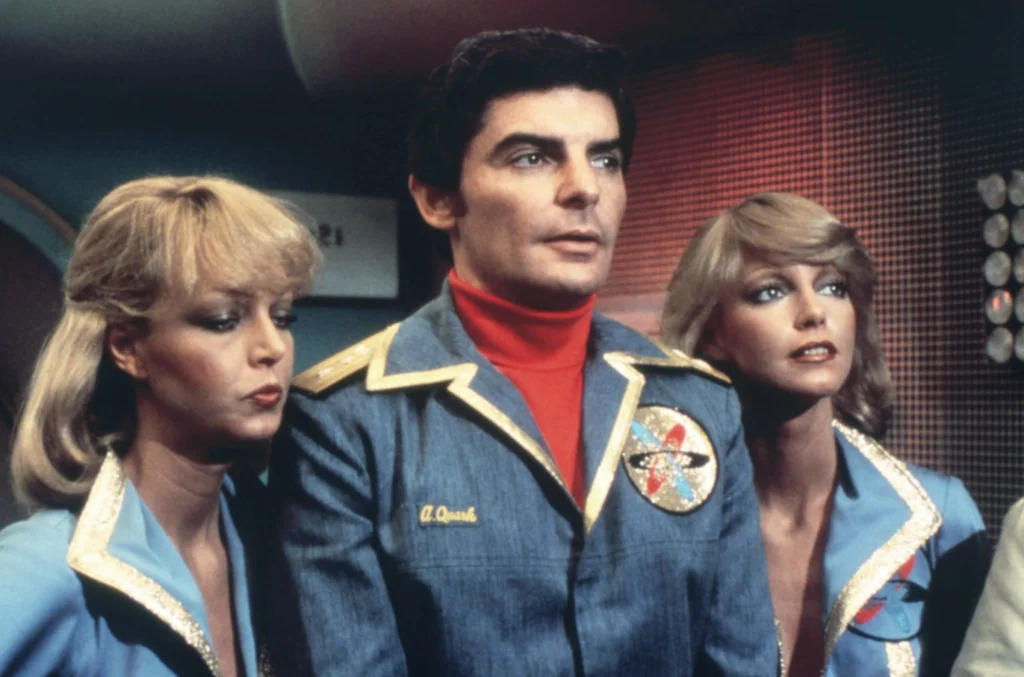
Quark was a sci-fi comedy that followed a group of intergalactic garbage collectors on ridiculous missions across the universe. It tried to be both a Star Trek parody and a workplace sitcom, but its mix of absurd humor and oddball sci-fi elements made it feel like a fever dream.
The show constantly flipped between satire and serious space adventure, leaving audiences unsure of what kind of show they were actually watching. It had a cult following, but mainstream viewers were often just bewildered.
8. Captain Nice (1967)
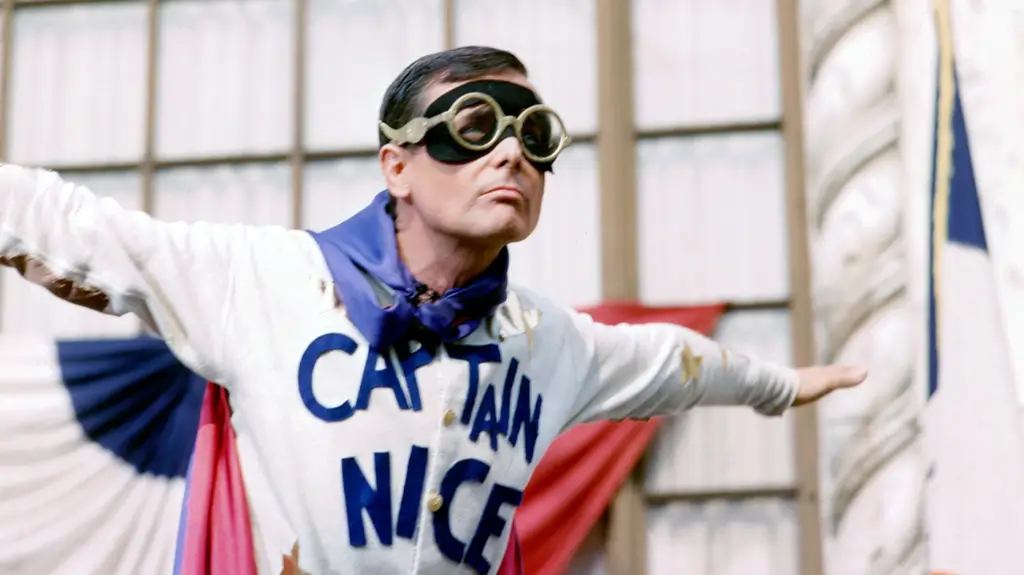
Superhero stories have always been popular, but Captain Nice turned the genre on its head in the weirdest way possible. The show followed a mild-mannered scientist who discovered a serum that gave him superpowers—but he was awkward, nervous, and had no idea what he was doing.
The humor was intentionally offbeat, but the show’s strange tone and odd pacing made it feel more confusing than funny. It was canceled after one season, proving that not every superhero story translates well to television.
9. The Man from U.N.C.L.E. (1964-1968)
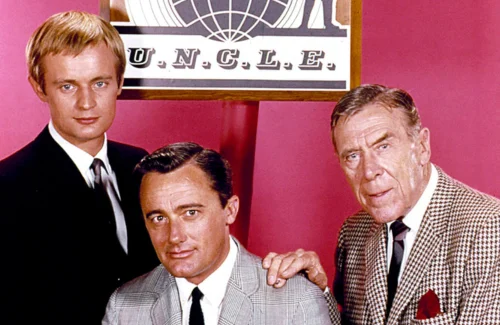
A spy show about two secret agents working for an international agency sounds simple enough, but The Man from U.N.C.L.E. often veered into surreal and downright strange territory. Plots ranged from serious Cold War espionage to episodes involving mind control, bizarre technology, and eccentric villains with unclear motives.
At times, it was hard to tell if the show was meant to be a serious spy thriller or a self-aware satire. Fans loved it, but it often left casual viewers scratching their heads. It was both ahead of its time and utterly confusing.
10. Doctor Who (1963-Present, Classic Era 1963-1989)
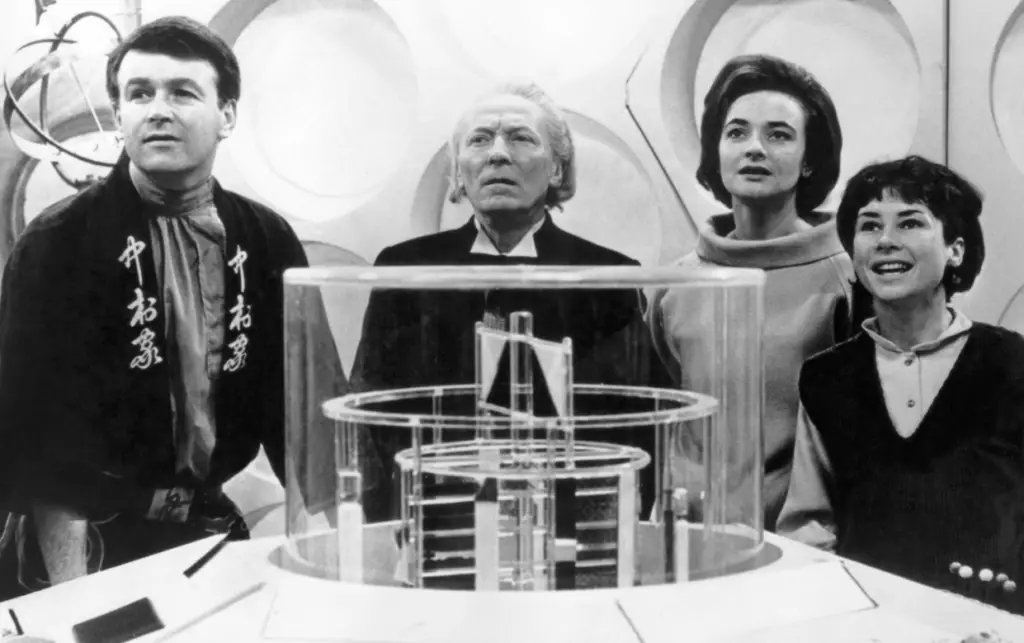
While Doctor Who is one of the most beloved sci-fi shows of all time, the classic era (especially in the ’60s and ’70s) was filled with bizarre storylines, convoluted time loops, and confusing plot twists. The show’s time-traveling Doctor often jumped between past, present, and future with little explanation, making some episodes feel like puzzles that were never meant to be solved.
While devoted fans embraced the complexity, newcomers often found it hard to keep up. Add in low-budget special effects and cryptic dialogue, and Doctor Who became one of the most bewildering shows of its time.
11. Mary Hartman, Mary Hartman (1976-1977)
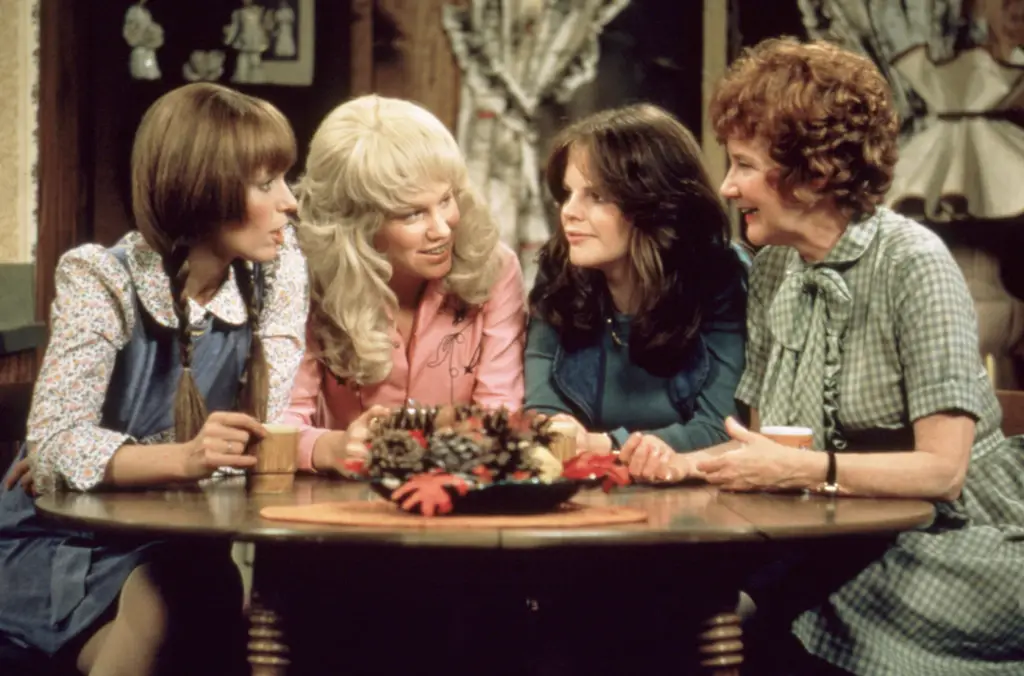
This satirical soap opera took everything familiar about daytime dramas and made it deeply unsettling. The title character, Mary, dealt with everything from marital problems to murder, all while speaking in a monotone voice that made every scene feel strangely off.
The show blurred the line between comedy and psychological drama, leaving viewers unsure of how they were supposed to feel. It became a cult hit, but for many, it was just too strange to follow.
12. Kolchak: The Night Stalker (1974-1975)
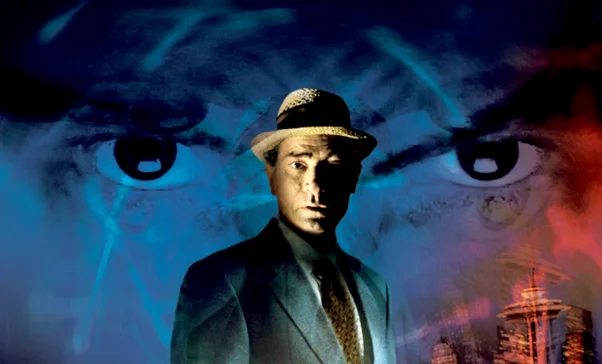
A newspaper reporter investigating supernatural events sounds like a great setup, but Kolchak took viewers on some truly bizarre journeys. Every episode introduced a new, unexplained phenomenon—ghosts, vampires, aliens—but Kolchak never seemed to get any real answers.
While the show became an influence on The X-Files, its loose narrative and lack of explanations made it feel like one big, confusing mystery. It was fun, but definitely frustrating.
13. UFO (1970-1971)
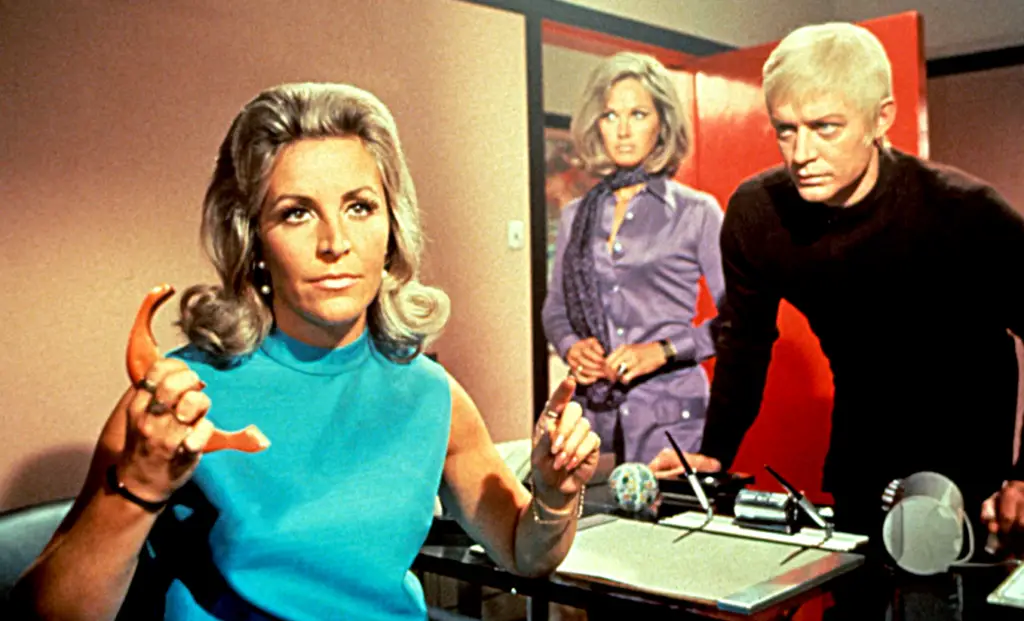
This British sci-fi series was set in the futuristic world of 1980, where a secret organization called SHADO (Supreme Headquarters Alien Defence Organisation) protected Earth from invading extraterrestrials. The show mixed serious alien threats with bizarre storytelling choices—like a secret moon base staffed by women with purple wigs and a plot that frequently jumped between spy drama and psychedelic sci-fi. Adding to the confusion, some episodes delved into personal dramas that had nothing to do with aliens, leaving viewers unsure if they were watching a military thriller or a soap opera in space.
While UFO had a loyal cult following, it struggled to balance its complex narrative and odd stylistic choices. Viewers expecting an action-packed alien invasion series often found themselves wading through slow-paced philosophical debates. Though it was visually striking, the mix of campy aesthetics and serious themes made UFO one of the most puzzling sci-fi shows of its time.
14. The Champions (1968-1969)
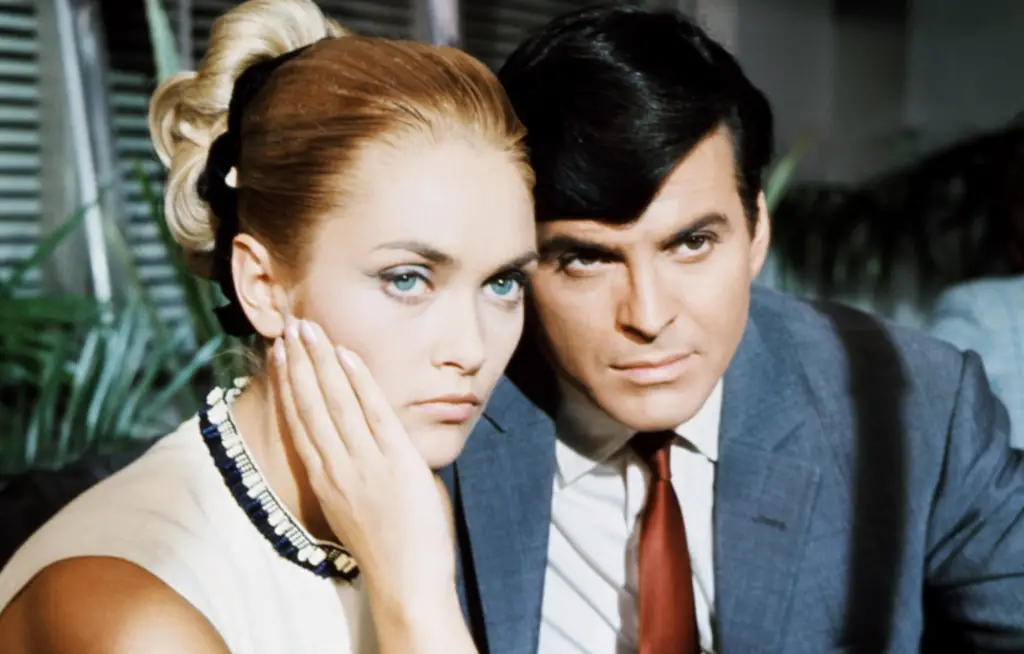
At first glance, The Champions seemed like a straightforward spy show, but it had a strange twist—its three secret agents were given superhuman abilities by an ancient civilization after surviving a plane crash in the Himalayas. These powers included heightened strength, ESP, and near-invincibility, but the agents rarely acknowledged their abilities in a way that made sense. Sometimes they used them, sometimes they didn’t, and sometimes they seemed to forget they even had them.
The inconsistency made it difficult for audiences to fully engage with the storylines. The show often felt like a traditional espionage drama, only to suddenly throw in supernatural elements that left viewers wondering what kind of series they were actually watching. Despite its intriguing premise, The Champions often raised more questions than it answered, making it one of the more perplexing cult TV shows of the ’60s.
TV in the ’60s and ’70s wasn’t afraid to be weird, and these shows proved it. Whether they were groundbreaking or just plain confusing, they left viewers questioning what they had just watched. Even today, some of their mysteries remain unsolved.


